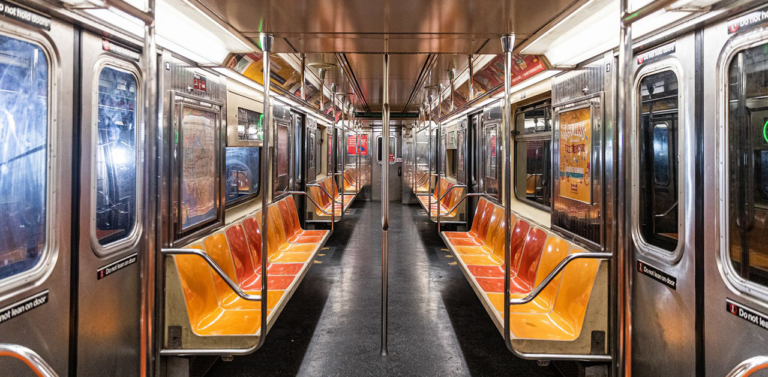“In every recession, it’s true that you’re losing revenue at the same time as you want to be able to spend more money,” Hinkley says. “Counties and cities have to be spending more on public health, on housing people, on emergency equipment, on ensuring that people are staying at home. It’s difficult to manage spending…
Blog

Beyond austerity
I started this blog—and chose the name—several years ago while finishing my dissertation. My intent was to write about my research on the shrinking public sphere and the persistent narrative of scarcity that characterizes governance in the U.S. I called it “beyond austerity” because I thought most scholarship on austerity was simplistic and that we needed to think about austerity more broadly. How do communities, and societies, decide what is enough? What constitutes plenty, or luxury? What do we each really need to thrive as individuals? How does it happen that music or art become seen as frivolous, rather than necessities? How do discussions about taxes reflect profound differences in how people think about security and relationships? How do we each normalize the amount of eduction, or money, or clothing, or healthcare, that we are entitled to, or that we resent others having?
I began with an academic interest in how austerity is produced: who makes decisions about how to make do with less. Today, these questions are more pressing for me personally (being on a school board these days is all about implementing austerity). I decided to resurrect this site a few weeks ago because a job change gave me more time to write about how much our society reflects the weird combination of scarcity and plenty, and my own experiences observing how society is made up of so many invisible individual contributions—the “public” is so much more than government. And then the coronavirus pandemic took hold here in California.
The Bay Area is less than a week into a full-scale shutdown, and every public entity is bleeding revenue: bus systems, BART, bridges, and soon local and state tax systems as incomes drop and the impact of reduced consumption decimates sales taxes. The importance and fragility of our public sector have been thrown into stark relief, as have the web of individual actions that keep our private sector—our restaurants, bookstores, volunteer programs—alive.
How will this crisis make us think differently about what we each need to survive? About what, and who, is vital to a functioning society? About what is not necessary to keep our bodies alive, but is necessary for our spirit? And so for day one of this resurrection, I offer a possible answer to the latter:
School closures
Albany schools are closed until at least April 13, and the Bay Area is on a shelter in place order until April 7. Here are some resources (I’ll update this post as more resources are compiled): Educational Resources I’m compiling this page of resources for things you can do at home. If you are an AUSD family…

Ask me
Some time when the river is ice ask memistakes I have made. Ask me whetherwhat I have done is my life. Othershave come in their slow way intomy thought, and some have tried to helpor to hurt: ask me what differencetheir strongest love or hate has made. I will listen to what you say.You and…
OV Welcome Letter from Albany High School
Dear Albany students, staff and families, As we approach the mid-winter break, I am looking forward to welcoming the Ocean View 3rd, 4th and 5th grade students, Principal Georgeson, Assistant Principal Lau-Seim, their staff and the OV families to the Albany High School Addition and campus beginning February 22. I see this as an opportunity…
